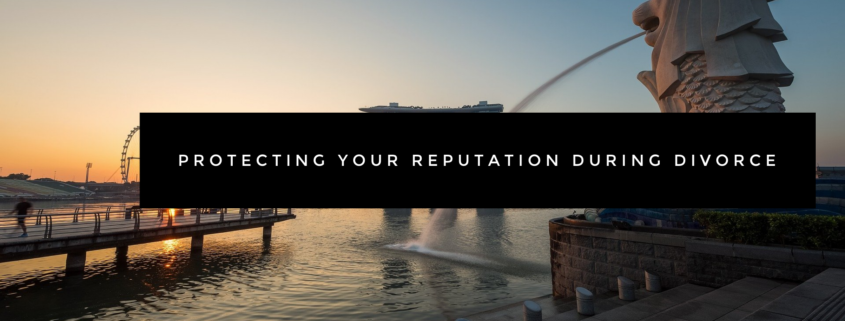Protecting Your Reputation During Divorce
You have worked hard for your reputation. The last thing that you need is for your personal details to become fodder for colleagues, competitors, or the public. But is there a more private way to go through divorce and protect your reputation?
There is. And it is called Collaborative Divorce.
Collaborative Divorce: The Basics
In Collaborative Divorce, you and your spouse have separate lawyers. The lawyers are there solely for the purpose of helping you reach an out-of-court agreement. The lawyers cannot be used for fighting in court or engaging in media battles between you and your spouse.
A Neutral Facilitator, who has a background as a licensed mental health professional, is engaged to help cool down the situation. The Facilitator is not performing therapy. Instead, he or she helps your and your spouse focus on reaching a resolution and the future rather than the arguments and circumstances that brought you to divorce. If you have children, he or she will also help you build a parenting plan that is developmentally tailored to your kids’ needs and encourages a strong future bond between your kids and both parents.
Further, a Neutral Financial Professional, with a background as a CPA or financial planner, will help guide you to resolve the financial aspects of your divorce. The Financial Professional is a private alternative to depositions, motion practice, and formal financial discovery that is oftentimes the hallmark of traditional divorce court. He or she will help ensure that you and your spouse have the financial information you need to make informed decisions about the future.
A Confidential Divorce Process
How many times have you read in the news a play-by-play of how a celebrity or business executive’s divorce is going? The Collaborative Divorce Process is designed to prevent that from happening.
Virtually all communications made during the process are private and confidential. Moreover, Florida has a specific statute, Fla. Stat. s. 61.58, that says that you may refuse to disclose and prevent anyone else (including your spouse) from disclosing a collaborative law communication in a court proceeding.
This serves to give you peace of mind and helps preserve your dignity and reputation in the midst of what is likely one of the most difficult times of your life.
Next Steps
You don’t have to let divorce mean the end of your marriage and the end of your reputation. Contact a Collaborative Professional to learn more about this private form of dispute resolution.
Adam B. Cordover is a member of the Board of the International Academy of Collaborative Professionals and co-author of an American Bar Association book on Collaborative Practice. He teaches other lawyers how to offer Collaborative services and has led trainings and workshops for professionals throughout the U.S., Canada, France, Israel, and Brazil. He is currently accepting clients from throughout the State of Florida.






